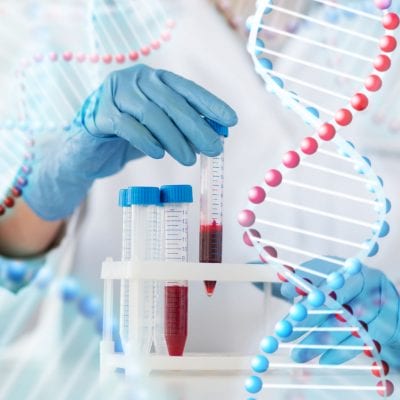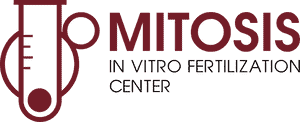Modern Techniques in Effective Diagnosis Services

Molecular biology studies the structure and function of DNA and the interactions of molecules in cells. In recent decades, there has been rapid progress in molecular biology at the level of knowledge and technologies, which made possible the application of modern techniques in clinical laboratories contributing significantly to the development of modern medicine.
Molecular biology led to a better understanding of various diseases since most have genomic background, providing information in both their diagnosis and prevention. Its purpose is to give the health care professional instructions in order to approach the cause of the disease in a targeted and effective way. Today, the use of molecular biology techniques in diagnosis is particularly widespread as they are characterized by excellent sensitivity and specificity.
Their applications in molecular diagnostics include:
- Detection of changes in the genetic material (mutations) that cause or are being associated with genetically inherited diseases, such as thalassemia and cystic fibrosis, contributing to the prevention of these diseases. In effect, through genetic testing people at risk can be found, contributing to genetic counseling and prenatal diagnosis.
- Detection of mutations or chromosomal abnormalities in the genetic material of the embryos with preimplantation diagnosis during IVF. In this way, genetic diseases are prevented and the likelihood of success is increased.
- Ability to determine the genetic predisposition of an individual in multifactorial diseases such as thrombophilia, hypertension, diabetes and some types of cancer.
- Detection of microbial infections (bacteria, fungi, viruses) in early stages preventing the severe complications of long incurable infection.
